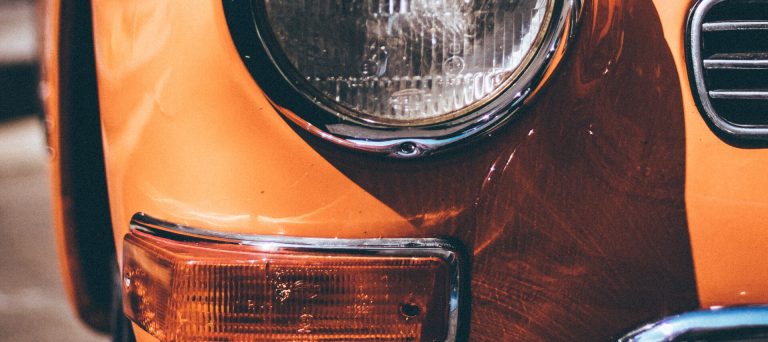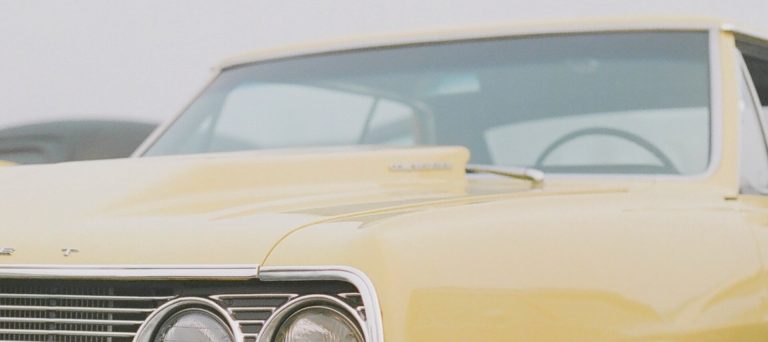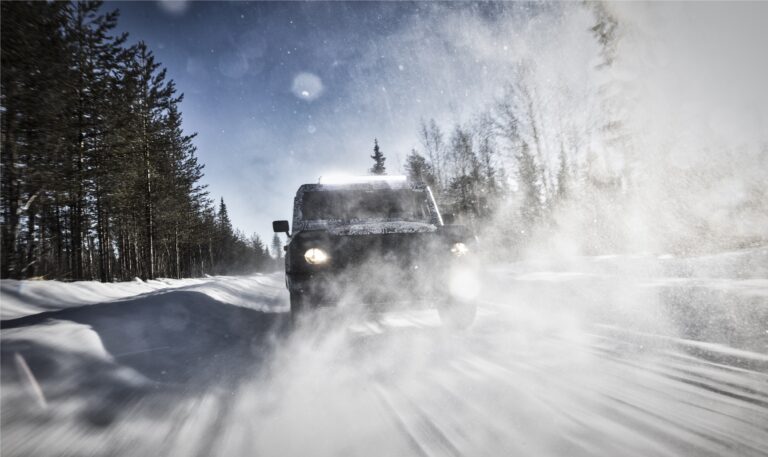Hi Baraza,
I am a loyal reader of your articles and appreciate the work you are doing, giving advice on vehicles.
I am looking to purchase a vehicle. I would like a car that is well built and does not cost much in terms of maintenance. I was considering a VW Golf or Jetta with a 1.9 litre TDI engine. How are they in terms of service and repair costs and reliability?
Regards,
Joel.
Hello Joel,
You are, in fact right, when you refer to a Volkswagen as a car that is well built and does not cost much in terms of maintenance. However, while the former is fairly obvious, the latter is not so straightforward.
Many will tell you that Volkswagen parts are not the cheapest out there, not by a long shot; nor are servicing and repair work.
Fortunately, reliability comes into play here and it will be a while before you get to shell out your hard-earned cash for the upkeep of the vehicle. This is as long as it is not a Golf Mk. V automatic or DSG…. Those things have issues with the gearbox.
About that TDI engine: steer clear for now. It will very quickly sink you into poverty because, being a relatively small, highly developed and tech-laden turbocharged diesel engine, it will not run well— or far— on the muddy oil we call Kenyan diesel. Diesel engines are expensive to repair and/or replace. Very expensive.
Go for a petrol engine, whatever little extra cost it might have at the fuel pump compared to the TDI, just remember that the money would have gone into fixing the derv-drinker, and then some.
*********
Hallo Baraza,
I want to know, if someone wanted to learn about safari rally driving, which is the appropriate place to get such knowledge And secondly, my father has a Morris Marina car which is now rare and would like to change the engine. Which engine will fit well and be able to perform?
Dennis
Greetings, Dennis!
You are in luck, because there is such a thing as a rally school here in Kenya. It goes by the name ASRA, which is the Abdul Sidi Rally Academy in full. ASRA can be contacted by a variety of means, the best (and cheapest) being by searching for it on Facebook. You will find plenty of information there (up to and including lesson scheduling — event— and group). You can’t miss it.
Guess what? My daddy had a Morris too, but at the time I was not even self-aware, so I didn’t get too acquainted with it. To be honest, I am not very familiar with Morris motor vehicles at all; except for witnessing the unapologetic and ruthless brutality they endure at the hands of BBC Top Gear TV presenters.
However, I found an obscure forum on the Internet (research tends to lead me down strange paths)and after brief consultation with three of the denizens, someone from the UK told me that the Datsun 1200 engine fits into the Marina engine bay.
He was a bit too specific: he said the Morris Marina 1275… maybe he meant 1275cc, because someone else mentioned the 1300… Anyway, I left before they asked me for pictures of my own Morris Marina to prove I was a genuine questioner and not an Internet troll.
So there you have it. Get a Datsun 1200 and take out its engine. How you will do that is entirely up to you.
**********
Baraza
You stand corrected regarding your response to the last question asked by Munyonyi. You can, in fact, fit airbags within the rear springs — mostly done in Australia where they use 4wds properly — to tow caravans.
The airbags help the driver set different ride heights for the vehicle. An interesting use for them is also to give increased rear clearance when rock climbing.. I believe that locally, Robs Magic has a similar product for the 90 series.
Happy new year btw!
Sally
Hi Sally,
Ahem! Happy New Year to you, too. Now, you and I are going to disagree over jargon and reference terms. Just to be clear, are you referring to gas shock absorbers by any chance? Those are quite different from “air bags” as used to describe suspension systems.
When the term “air bags” is used to describe motor vehicle suspension, this is taken to mean air suspension, which is a very complicated and expensive piece of kit. The rubber bellows are used in place of conventional metal springs and shock absorbers, and the air in them is controlled by a compressor, which gives the adjustable ride height characteristic.
Gas-filled shock absorbers, on the other hand, are normal shocks, but instead of being filled with oil, they are filled with air (gas). Some of them are adjustable for stiffness and height.
Now, air suspension is complicated and expensive, when factory-fit into a vehicle (think Range Rover or Land Rover Discovery). For the sake of example, we will stick with the Disco.
To keep the vehicle smooth and level, the four bellows are interconnected, á la Citröen’s Hydropneumatic and/or British Leyland’s Hyrdamatic water-filled systems. Pumping the air from one corner to the other in real time calls for some fancy boffinry, hence the costs involved.
Back when the Land Rover brand was under CMC Motors, someone once told me it costs Sh300,000 per wheel to fix the system once it springs a leak. If replacement is recommended (which is more likely than not), you are looking at a bill of Sh 1.2 million…. just to fix the suspension. So how much do you think it will cost to install one where there wasn’t any to begin with? How long will the calibration take?
Gas-filled shocks, on the other hand, are just shock absorbers. Raise the car off the ground, take off the wheels, dismount the factory-installed springs and shocks, throw away the old shocks, put in the new air-filled units (which fit exactly the same way as their oily kin) and you are all set.
Now that you mentioned it, I think that is what Munyonyi’s mechanic was referring to, because there are adjustable versions of these. You can now see what I mean whenever I tell my readers to be clear about what they are trying to say.
**********
Dear Baraza,
I appreciate the good job you are doing with regard to motoring. I just want to know the ideal fuel consumption rate for a Peugeot 504 four-speed vehicle. I find the vehicle very “thirsty” as it is doing less than six kilometres per litre. Lastly, between gas and oil shocks, which would you advise to be fitted on a vehicle; the front shocks, that is.
Thanks
John
John,
Yes, Peugeots have a reputation for thirst, more so if they use carburetors. Six kpl or less is not ideal, though, but this figure depends on many things: driving style, driving environment and state of tune of the car. The engine capacity matters too. It should be doing at least eight kpl though, if it is properly maintained.
Gas vs oil… This is a decision for you to make. I’d buy oil-filled shocks, because they are cheaper and less likely to leak. But that’s just me.
**********
Hi.
I read the column every so often and I like it. Good work you are doing.
Now, I drive a VW Passat year 2000 turbo APU engine. I bought it about four months ago.
It had an oil leak which I had fixed, but that’s when my problems began. I climbed the Naivasha to Nairobi hills one day at good speed and the car gave an oil pressure error. Since then, it comes on every so often with a frequency I cannot explain; sometimes under hard driving and high revving and other times when doing a Sunday drive.
I had the sump removed and the silicone on the oil strainer was put in such a way that none was left inside but the error has not gone. It is really frustrating. I have a really good mechanic and we are working on fixing it. But will I have to use a gasket to seal the sump to do away with the silicone business, or buy a new oil filter? I hope not. Basically, what do I do?
Please advise on what the problem could be. Thanks.
Gichuhi Waweru
Hello Waweru,
When your car says there is an “oil pressure error”, there is a problem with oil pressure. It could be too little, hence the need to check the oil levels (is there a leak? Is the car burning oil?) or condition of the oil pump (not pumping oil hard enough).
Then again, too much pressure is also a problem and will generate warnings. Maybe you were a little too generous with the plastic bottle at your last service. Maybe the oil filter is clogged, leading to a back-log in the flow of oil. Maybe some oil passages are blocked.
I didn’t get the silicone-strainer part. Was there silicone in the strainer, or was silicone used to seal the area around the strainer?
And the oil pressure error: are you sure it is not in reference to the oil for the turbo? You did say the error appears under high-load, high-rev conditions, didn’t you?
Get an OBD readout, complete with error code, to be sure of what it is, because you and your really good mechanic could quite easily be chasing clouds.
**********
Hallo,
I have a Toyota Corolla NZE 2005 model, X grade, 1390cc I’ve owned for one year now, first local owner. The fuel consumption has increased. I have not done the maths of late, but I have realised that when driving home from Mombasa (to Meru), this thing consumes a full tank way before the Machakos junction.
A tank used to take me to Thika road through the Cabanas bypass. I have also noticed that the engine oil level drops significantly way before it is time for service.
I change the oil every 5,000kms, sometimes having to add oil to keep the level high to the next oil change. Having ruled out any leakage, my mechanic says that some “rings” may be worn out.
I have used several oil brands, including Total’s Quartz 20W50, Shell’s Helix, and Mirr Alma, which are synthetic. What could be the cause of such high oil consumption? How repairable is it, at how much? Am I even using the right oil?
Nick Mwenda.
Your mechanic is referring to the piston rings (compressor and oil scraper rings), and he might be right. It would explain the increased fuel consumption and rapidly dipping oil levels.
Replacing the rings is not a very complicated matter if the mechanic is competent, but costs vary from one garage to another. Use recognised oil brands of the manufacturer’s recommendation and you will be fine.




